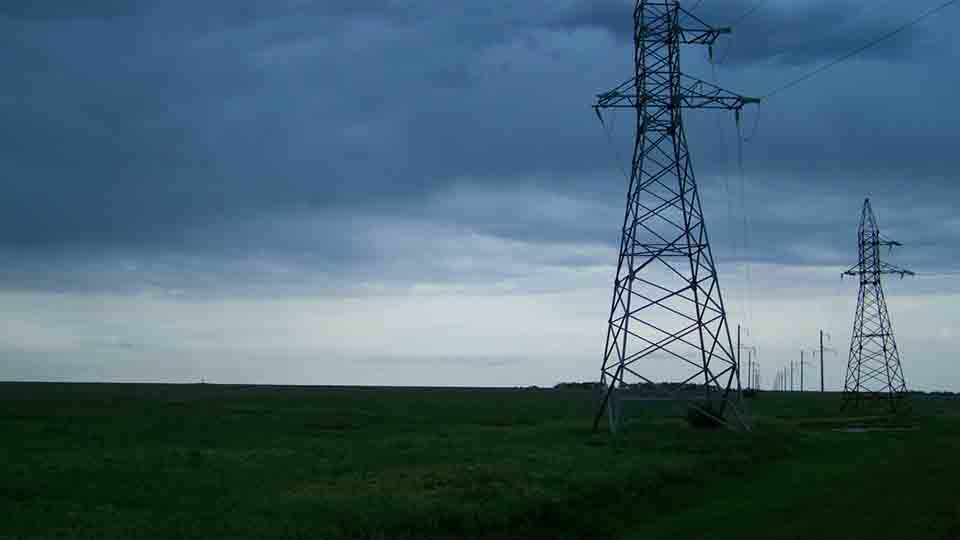Oregonians Face Crippling Power Costs

Oregonians have voiced dismay in the wake of a new round of energy price increases announced by three power utilities. The proposed new rate hikes add 40% to power bills for some customers of Portland General Electric (PGE) since January 2022; the Pacific Power increase translates to a 50% total hike for energy supply payable by consumers since January 2023; and the Idaho Power company wants to raise its rates by close to 27% for customers living in eastern Oregon.
Consumers Question Transparency of Energy Costs
All three of the proposed rate increases must be approved by the Oregon Public Utility Commission.
The Commission has previously stated that the latest round of increases by PGE will add an average of $24.59 to a single-family home. However, some consumers received bills of between $500 and $1,000 in January, putting the 18% increase in question,
But PGE spokesperson Drew Hanson says the reason could be the January week-long winter storm that raised energy use levels. Poorly insulated homes, doors, and windows are the main reasons for poor insulation.
Hanson says PGE has recently updated its website with new resources that allow consumers to obtain a clearer understanding of the charges reflected on their bills.
Beleaguered consumers have taken to social media platforms to air their grievances and to circulate a petition requesting lawmakers to set limits on future energy supply rates. Consumers are calling for more transparency and for stricter regulations to power utilities.
Why Should Residential Consumers Cover All the Costs, Asks Watchdog Organization
The executive director of the non-profit consumer advocacy group Oregon Citizens Utility Board, Bob Jenks, issues a warning: in addition to the current rate increases, PGE may propose additional rate increases to cover the higher costs due to winter storms and the impending wildfire season.
Adding to the ever-increasing cost of energy supply are changing weather patterns that affect wholesale prices. Higher demands for energy, particularly in extreme winter and summer conditions, push up prices that must eventually be passed to the consumer.
Clean, renewable energy sources like solar and wind are not reliable. The law demands that PGE and Pacific Power reduce carbon emissions by 100% by 2040. They will no longer be able to use natural gas and coal and will rely only on renewable energy sources.
Utilities face further pressure for supply from data centers, electric cars, and homes.
Meeting state demands require utilities to invest millions of dollars in wind turbines, battery storage projects, new transmission lines, and solar farms.
Jenks is particularly worried about the increasing demand for energy from large data centers such as Facebook and Amazon. He believes that residential consumers should not have to subsidize power supply to large companies.
Another problem is that extreme weather conditions can damage utility company equipment. The cost of the January storms to PGE amounts to more than $30 million.
Read: Pacific Northwest Potentially Facing Energy Droughts According To Research
Utilities also spend millions of dollars on cutting back vegetation near power lines, burying overhead power lines, and trimming back trees near power lines. Wildfire prevention is another large money-spinner and is the main reason for the Pacific Power latest proposed increase. Consumers of Pacific Power have already had two hefty increases – 21% in January 2023 and 12.9% last January. The utility’s latest 17.9% hike will become effective in January 2025 if approved by the Oregon Public Utility Commission.
Jenks questions the legitimacy of passing the cost of wildfire litigation to consumers. He asks why consumers should “be punished” after a court places punitive wildfire damages on a utility company that, in turn, passes on that cost to its customers.
Read: Pacific Power Rate Increase Will Add $29.47 Monthly To Oregon Residential Consumer Bills
Insulating homes can reduce energy costs by up to 15%, and consumers can now apply for tax credits under the Inflation Reduction Act that cuts thousands of dollars off energy efficiency and home insulation projects.
Lower-income households will be able to defray all costs involved with heat pumps and home retrofits when the federal home electrification and efficiency rebate law becomes effective later this year.
